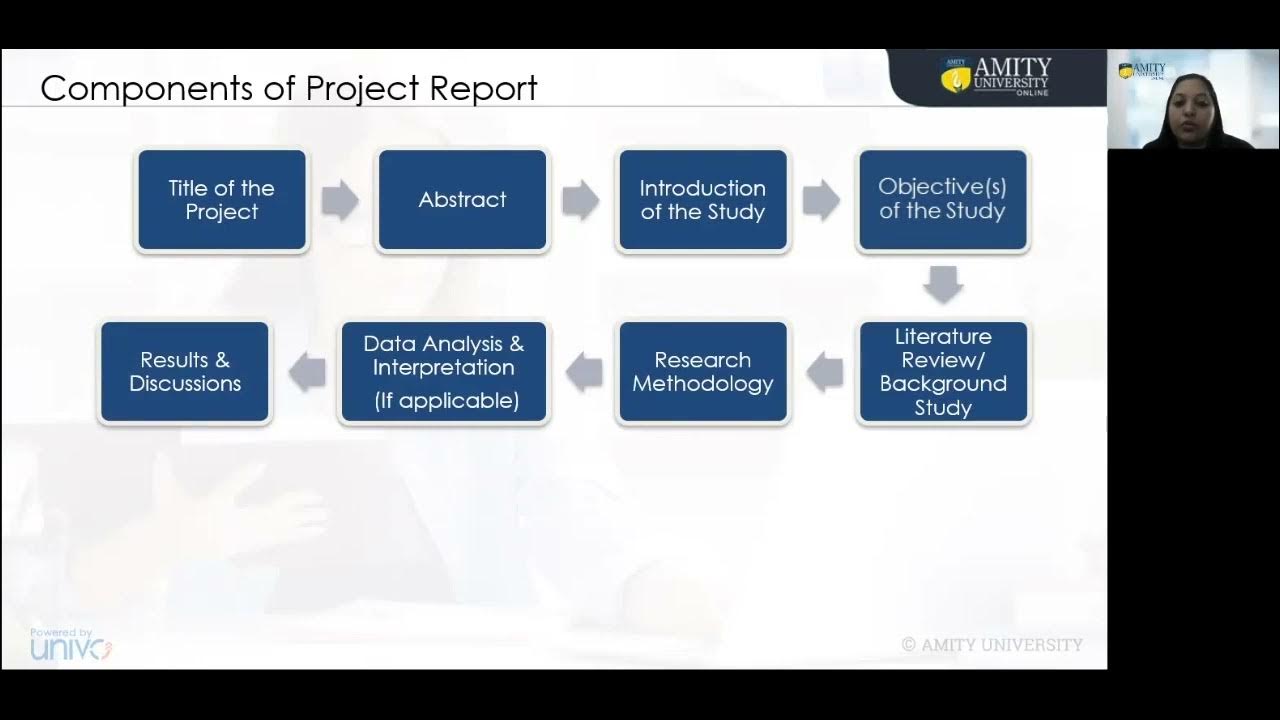Faculty Perspective with Professor Steven Beda
Summary
TLDRSteve Beda, an assistant professor at the University of Oregon, encourages students to take at least one history class. He shares his personal journey from disliking history in high school to becoming a professor, emphasizing history's relevance in understanding and solving contemporary issues like social justice and climate change. Beda highlights the interactive and diverse nature of college history classes, focusing on interpretation over memorization, and invites students to engage with history to shape a better future.
Takeaways
- 🎓 Steve Beda is an assistant professor in the history department at the University of Oregon.
- 📚 He encourages all students, regardless of their major, to take at least one history class during their time at UO.
- 🤔 Steve believes history is important because it helps us understand the societal and national problems we face today.
- 🌐 History teaches us about social justice, racial inequality, and environmental issues like climate change.
- 🔍 Understanding history allows us to address problems more effectively and create meaningful, lasting change.
- 👨🏫 Steve's teaching style focuses on the present and future implications of historical events, not just the past.
- 🌟 History classes at the college level are interactive and encourage discussion and debate among students.
- 📈 College history classes emphasize interpretation and critical thinking over memorization.
- 👥 The classes explore history from diverse perspectives, including workers, communities of color, and civil rights activists.
- 📅 Steve teaches a variety of classes, including 20th century American history, Pacific Northwest history, and Oral History in the Vietnam War.
- 🎖️ In the Vietnam War Oral History class, students conduct original research and interview veterans, activists, and refugees.
Q & A
What is Steve Beda's current position at the University of Oregon?
-Steve Beda is an assistant professor in the history department at the University of Oregon.
What does Steve Beda hope for the students who are admitted to the University of Oregon?
-Steve Beda hopes to have some of the admitted students in his classes in the coming years.
Why does Steve Beda encourage students to take at least one history class at UO?
-Steve Beda encourages students to take at least one history class because history helps understand the problems society faces today and how they were created, which is crucial for finding solutions.
How does Steve Beda's experience in high school relate to his current profession?
-Steve Beda did not like history or school in high school, but he turned things around and became a history professor, showing that one's initial dislike for a subject can change.
What is the importance of understanding history according to Steve Beda?
-Understanding history is important because it provides a framework to comprehend and address current societal issues like social justice, racial inequality, and environmental concerns.
Why does Steve Beda think history was unappealing to him and some students in high school?
-Steve Beda believes history was unappealing because it was taught without explaining its importance, making it seem like a list of facts rather than a tool for understanding the present.
What is the focus of the history classes at the collegiate level according to Steve Beda?
-At the collegiate level, history classes focus on understanding the present by studying the past, with an emphasis on interpretation rather than memorization, and engaging with diverse historical actors.
How does Steve Beda approach teaching history in relation to contemporary issues?
-Steve Beda frames his lectures and class discussions around contemporary issues, using historical context to understand and potentially solve current problems.
What does Steve Beda suggest about the diversity of historical actors in college-level history classes?
-Steve Beda suggests that college-level history classes offer a more diverse view of history, including the stories of workers, communities of color, and civil rights activists, beyond just the wealthy and powerful.
What is the primary method of learning in Steve Beda's history classes?
-The primary method of learning in Steve Beda's history classes is interpretation and critical thinking, with an emphasis on understanding the 'why' behind historical events.
What are some of the specific classes that Steve Beda teaches at the University of Oregon?
-Steve Beda teaches classes such as History 202 (20th Century American History), a Pacific Northwest history class focusing on environmental issues, and History 407 (Oral History in the Vietnam War).
Outlines

هذا القسم متوفر فقط للمشتركين. يرجى الترقية للوصول إلى هذه الميزة.
قم بالترقية الآنMindmap

هذا القسم متوفر فقط للمشتركين. يرجى الترقية للوصول إلى هذه الميزة.
قم بالترقية الآنKeywords

هذا القسم متوفر فقط للمشتركين. يرجى الترقية للوصول إلى هذه الميزة.
قم بالترقية الآنHighlights

هذا القسم متوفر فقط للمشتركين. يرجى الترقية للوصول إلى هذه الميزة.
قم بالترقية الآنTranscripts

هذا القسم متوفر فقط للمشتركين. يرجى الترقية للوصول إلى هذه الميزة.
قم بالترقية الآنتصفح المزيد من مقاطع الفيديو ذات الصلة
5.0 / 5 (0 votes)






